Nobel Prize 2025 in Medicine Awarded for Discovery of Regulatory T Cells
Date: October 6, 2025
Source: The Hindu & Nobel Prize Official Announcement
The 2025 Nobel Prize in Physiology or Medicine has been awarded to Mary E. Brunkow (USA), Fred Ramsdell (USA), and Shimon Sakaguchi (Japan) for their groundbreaking discoveries concerning peripheral immune tolerance — a fundamental mechanism that prevents our immune system from attacking our own body.
Our immune system is designed to destroy harmful invaders such as bacteria and viruses. However, sometimes immune cells mistakenly attack the body’s own tissues, leading to autoimmune diseases like Type 1 diabetes, multiple sclerosis, or rheumatoid arthritis. Peripheral immune tolerance is the body’s secondary defense mechanism that prevents such attacks by keeping the immune system in check.
In 1995, Shimon Sakaguchi discovered a previously unknown class of immune cells, now called Regulatory T cells (Tregs). These cells act as immune “peacekeepers,” suppressing excessive immune responses and preventing autoimmunity.
Later in 2011, Mary E. Brunkow and Fred Ramsdell discovered a mutation in the Foxp3 gene in mice, which made them highly prone to autoimmune diseases. They also found that mutations in the human equivalent of this gene cause a rare but severe condition known as IPEX (Immune Dysregulation, Polyendocrinopathy, and Enteropathy, X-linked) syndrome.
In 2013, Sakaguchi connected these findings and proved that the Foxp3 gene controls the development and function of Regulatory T cells. This established a direct link between genetic regulation and immune balance.
Regulatory T cells are now a central focus in the treatment of:
- Autoimmune disorders (by enhancing Treg function)
- Cancer (by inhibiting Tregs that protect tumors)
- Transplant medicine (to reduce organ rejection)
Their discoveries have revolutionized how scientists understand immune homeostasis, paving the way for advanced immunotherapies and personalized medicine.
• Mary E. Brunkow – Senior Program Manager, Institute for Systems Biology, Seattle
• Fred Ramsdell – Scientific Advisor, Sonoma Biotherapeutics, USA
• Shimon Sakaguchi – Distinguished Professor, Immunology Frontier Research Center, Osaka University, Japan
The Nobel Committee praised their work as “decisive for our understanding of why we do not all develop autoimmune diseases.”
• Physiology or Medicine: October 6
• Physics: October 7
• Chemistry: October 8
• Literature: October 9
• Peace Prize: October 10
• Economic Sciences: October 13
Each Nobel Prize carries a cash award of 11 million Swedish kronor (≈ $1.2 million) and will be presented in Stockholm on December 10, 2025.
Understanding Regulatory T cells is crucial for CSIR-NET, GATE, and DBT-BET Life Science aspirants. Questions from this discovery can appear in topics like:
- Immunoregulation
- Autoimmune diseases
- T-cell development
- Gene regulation (Foxp3 pathway)
Stay updated with Vedemy for detailed analysis and video lectures on Immunology & Nobel-winning discoveries that shape modern bioscience.

Vedemy
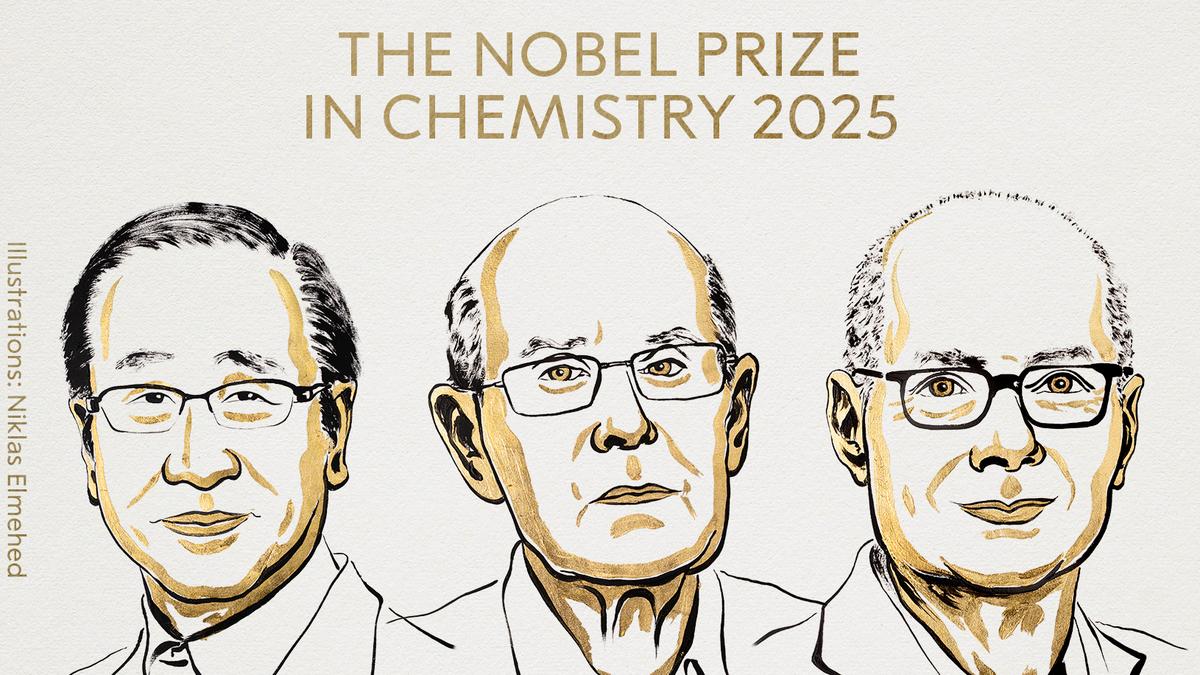
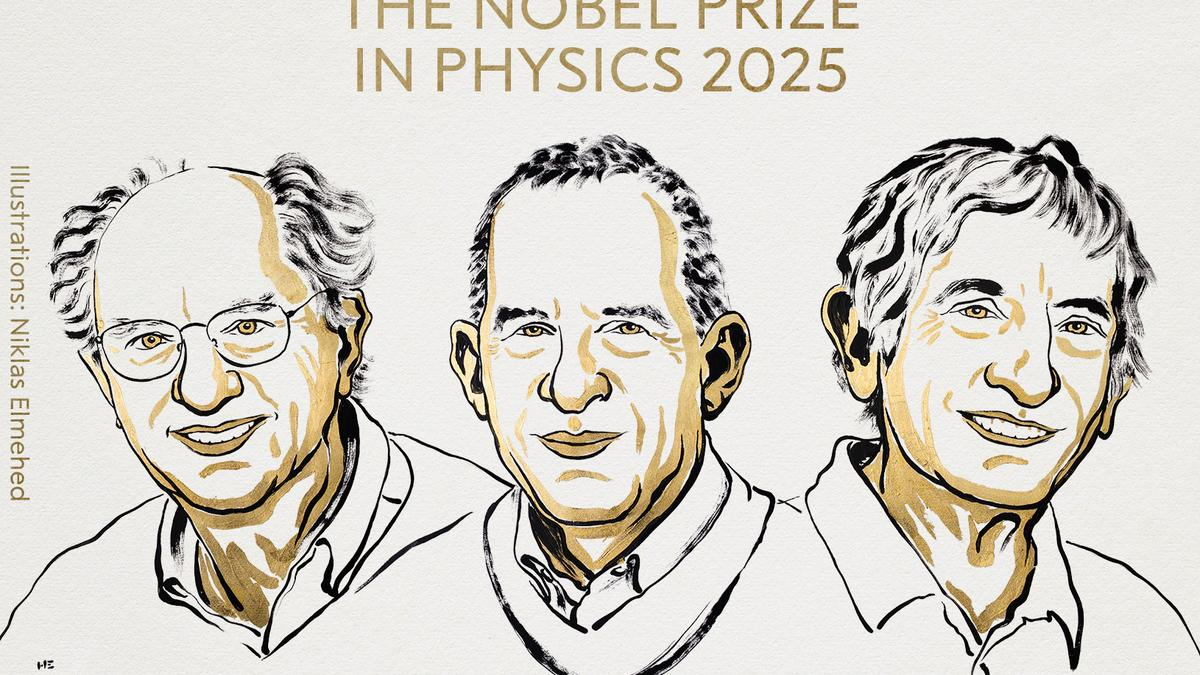
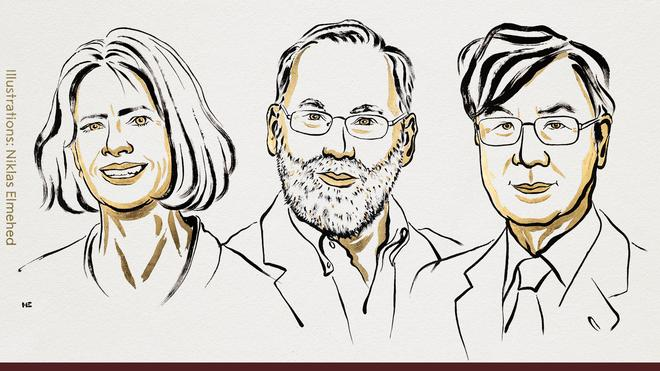
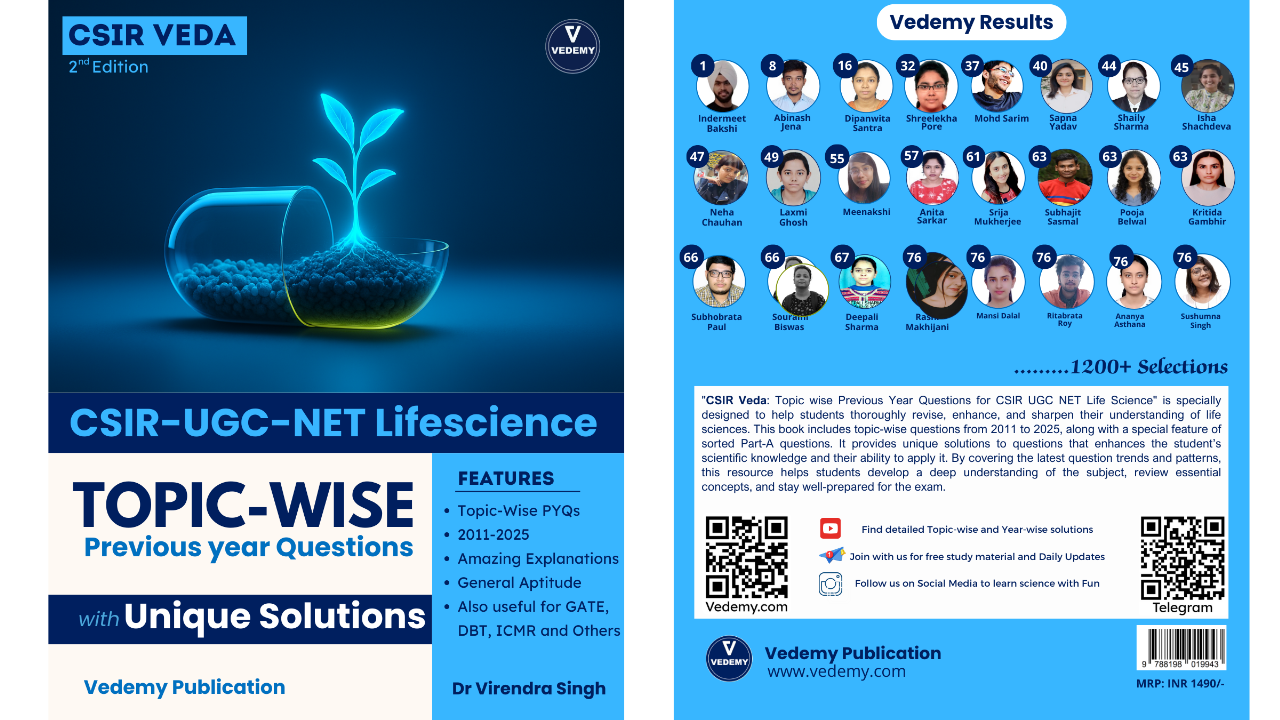
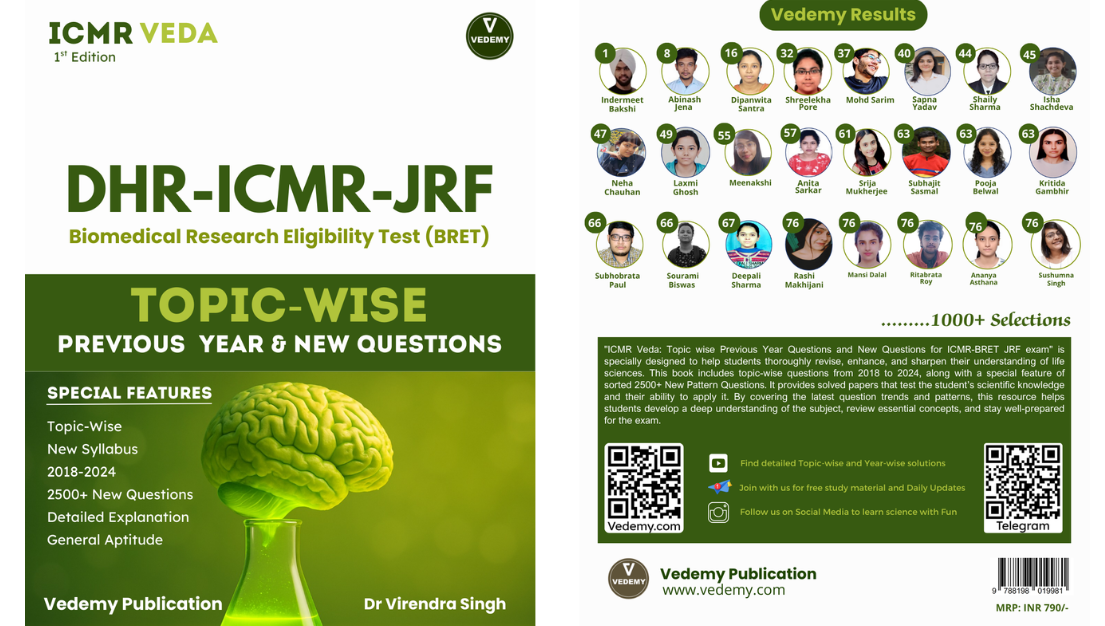





Leave a Comment